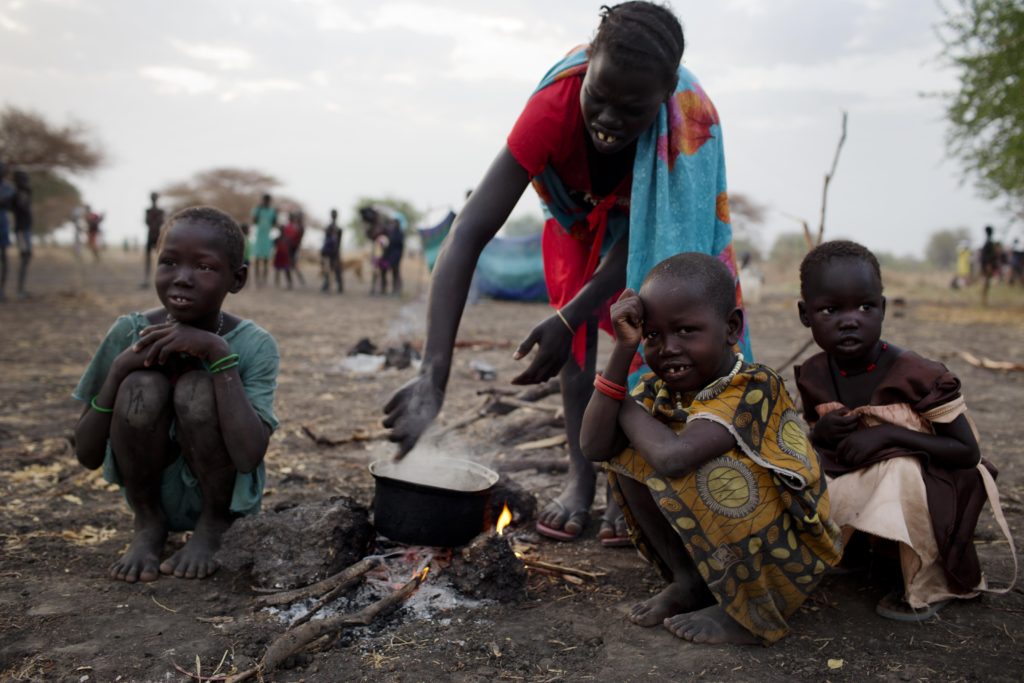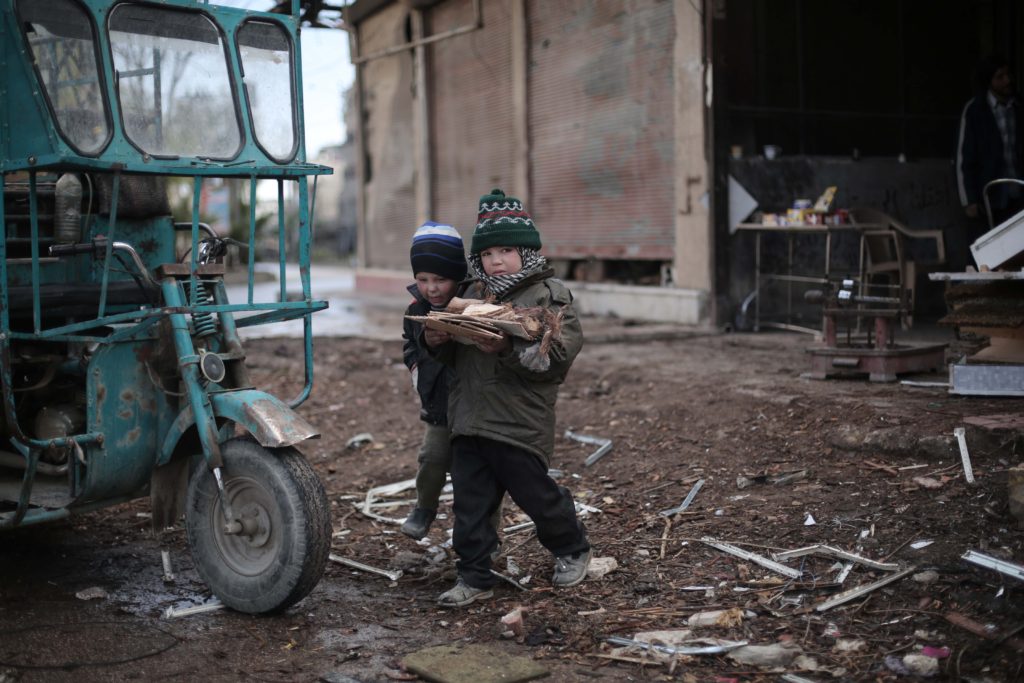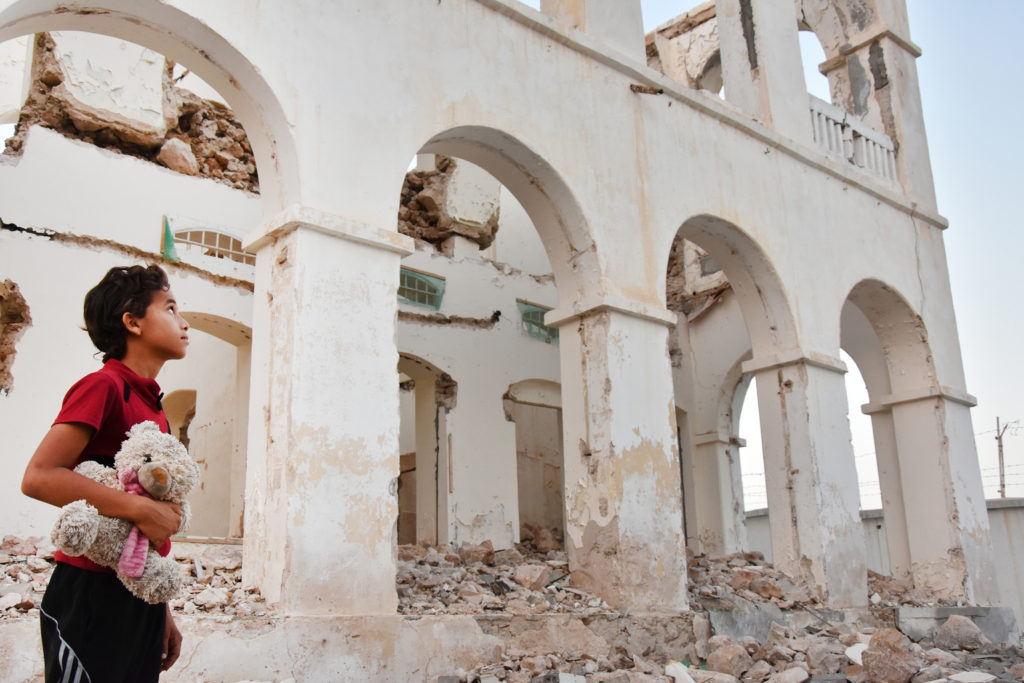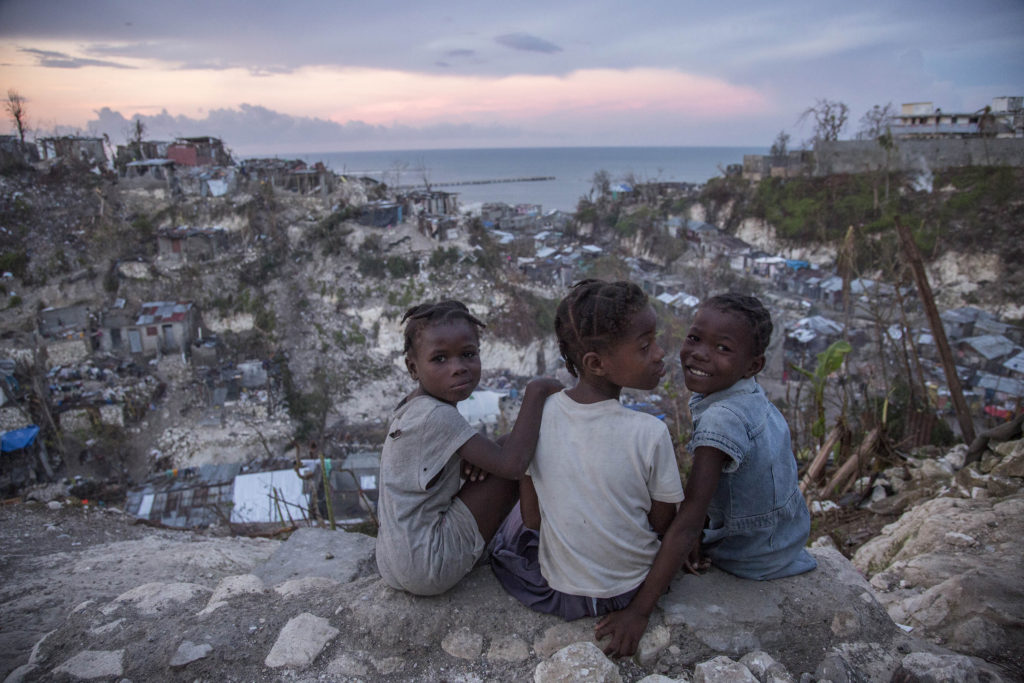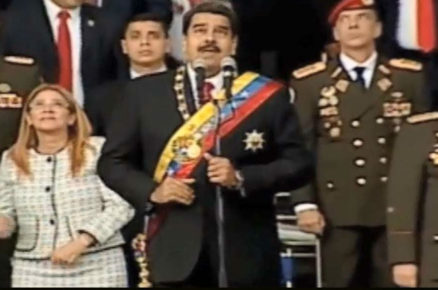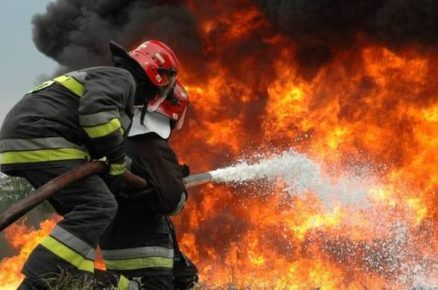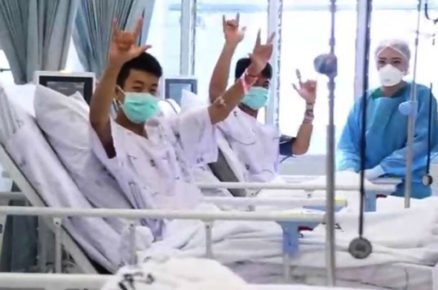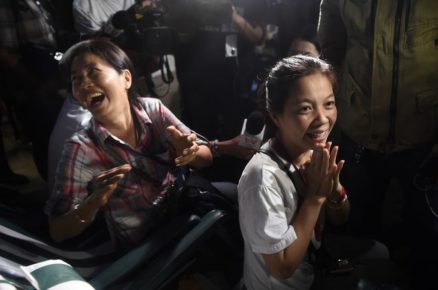En el ‘Día Universal del Niño’ que se conmemora este domingo, UNICEF quiere poner la atención en los niños y niñas que sufren el impacto de las emergencias y que ven cómo sus derechos son violados casi sistemáticamente.
A pesar de los enormes avances alcanzados para la infancia desde la adopción de la Convención sobre los Derechos del Niño (CDN) en 1989, los derechos de millones de niños son violados cada día, según informa hoy UNICEF.
Cerca de 50 millones de niños viven desarraigados, 28 millones de ellos se ven obligados a huir de sus hogares a causa de la violencia. Unos 250 millones de niños en todo el mundo viven en países afectados por conflictos. Los niños atrapados en las zonas sitiadas del mundo, lo que incluye Siria, Iraq y el norte de Nigeria, tienen un riesgo mayor de ver como sus derechos son violados, ya que sus colegios, hospitales y casas sufren continuos ataques.
“Para UNICEF todos los días son el día del niño. Trabajamos sin descanso para proteger y garantizar los derechos de la infancia, especialmente la más vulnerable. Pero son los propios niños, los que con su fuerza, su valentía y su deseo de superación nos guían en nuestro trabajo. Por eso, en el Día Universal del Niño, es imprescindible recordar que es responsabilidad de todos nosotros garantizar que esa fuerza y esa energía de los niños sirva para ofrecerles nuevas oportunidades en la vida, y sobre todo, para devolverles la paz,” explicó Carmelo Angulo, presidente de UNICEF Comité Español.
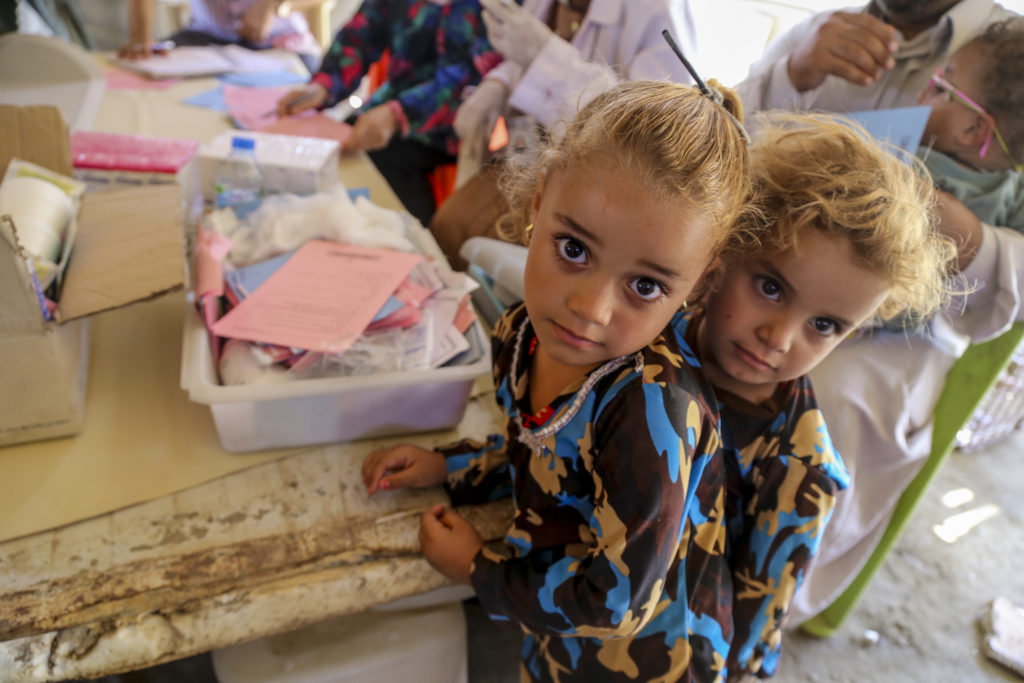
Desde 1989, se celebra en todo el mundo este día universal que recuerda la aprobación de la CDN en la Asamblea General de Naciones Unidas. La Convención dice que todos los niños y niñas tienen los mismos derechos, independientemente del país donde hayan nacido, o de si su país se tambalea o se rompe en pedazos. Sin embargo, la lista de violaciones a sus derechos es interminable y constante. Hay emergencias abiertas en todo el mundo, y en cada una de ellas, miles de niños que están sufriendo sus consecuencias.
Además, casi 385 millones de niños viven en la pobreza extrema y más de 250 millones de niños en edad escolar están fuera de los colegios. Cerca de 300 millones de niños viven en áreas con los mayores niveles de contaminación del aire, 6 veces o más elevados que las directrices internacionales.
Por lo que se refiere a España, la brecha de la desigualdad sigue creciendo y la pobreza infantil se ha agravado en los últimos años, tanto en la cantidad de niños, como en la intensidad de la pobreza que están sufriendo. A esto se une una tendencia demográfica decreciente así como datos preocupantes en fracaso y abandono escolar.
Los niños son un bien social. En una emergencia, los niños son las víctimas más indefensas y los que más sufren las consecuencias. En un instante pueden perderlo todo, pero no deben perder nunca sus derechos.
“No podemos comparar la situación de un niño sirio que para ir a la escuela tiene que arriesgar su vida a la de un niño en España que no puede contar con el material escolar necesario, porque sus padres están en paro. Sin embargo, ambas situaciones están vulnerando los derechos de esos niños. En España seguiremos trabajando con el gobierno para conseguir un Pacto de Estado por la Infancia, porque creemos que es necesario luchar contra la pobreza infantil y por la igualdad de oportunidades de todos los niños”, explica Maite Pacheco, directora de sensibilización y políticas de infancia de UNICEF comité Español.

